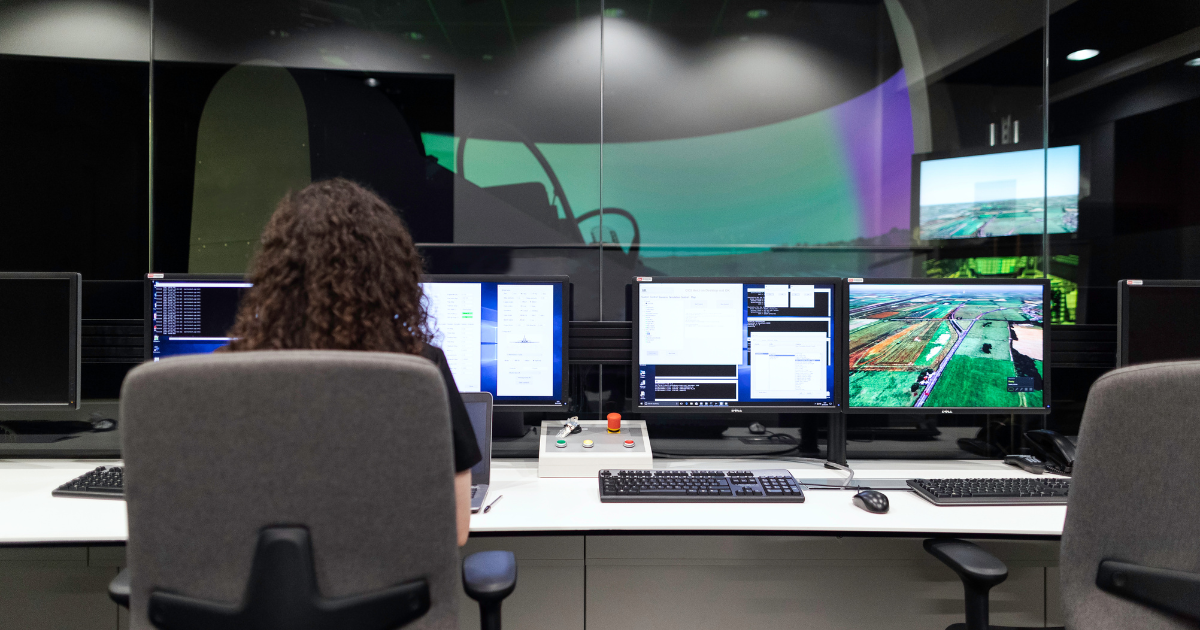Being a software tester from scratch typically involves the following steps:
- Learn about software development and the software testing process: Gain a solid understanding of the software development process, including the different phases and the role of testing within that process. Learn about different testing methodologies, strategies, and tools commonly used in software testing.
- Get hands-on experience: Participate in testing projects and work with experienced testers who can provide guidance and mentorship. This will allow you to apply what you’ve learned and gain practical experience.
- Develop your skills: Focus on developing strong analytical and problem-solving skills and strong attention to detail. Learn how to use different testing tools and technologies and write test cases and scripts.
- Learn to communicate effectively: Develop strong communication and collaboration skills to communicate effectively with developers and other stakeholders.
- Continual learning: Stay up-to-date with industry developments, new tools, and technologies, and continue to learn and improve your skills.
- Look for opportunities: to specialize in a particular testing area, such as automation or security testing.
- Consider getting certifications: in software testing, which will help validate your skills and knowledge and help you advance your career.
- Build a professional network: attend meetups and conferences, and participate in online communities to stay connected with other testers and learn about new developments in the field.
As you progress in your career, you may have the opportunity to take on leadership roles or specialize in a particular area of testing. The key is continually learning, staying up-to-date with industry developments, and always being open to new opportunities.
A software tester’s career path can vary depending on the individual and the organization, but in general, it may look something like this:
- Entry-level software tester: In this role, you will be responsible for performing manual testing, writing test cases, and reporting bugs. You will work closely with developers and other stakeholders to ensure that software is tested thoroughly and any issues are identified and resolved.
- Junior or intermediate software tester: As you gain experience, you may be given more responsibility, such as leading small testing projects or mentoring other testers. You may also learn how to use automated testing tools and learn more about different testing methodologies.
- Senior software tester: At this level, you will be responsible for leading testing projects and mentoring other testers. You will be expected to have a deep understanding of the software development process and to be able to identify and troubleshoot complex issues. You may also specialize in a particular testing area, such as performance or security.
- Lead or Manager software tester: At this level, you will lead a team of testers and ensure that testing is executed efficiently and effectively. You will be expected to have a broad understanding of the software development process and to be able to identify and troubleshoot complex issues. You will also be responsible for creating and implementing testing strategies and mentoring and developing testers on your team.
- Director of QA: At this level, you will lead the testing function across an organization and ensure testing is executed efficiently and effectively. You will be expected to have a broad understanding of the software development process and to be able to identify and troubleshoot complex issues. You will also be responsible for creating and implementing testing strategies and mentoring and developing testers on your team.
- CTO/CIO: At this level, you will lead the entire software development process across an organization, including QA. You will be expected to have a broad understanding of the software development process and to be able to identify and troubleshoot complex issues. You will also be responsible for creating and implementing testing strategies and mentoring and developing testers on your team.



